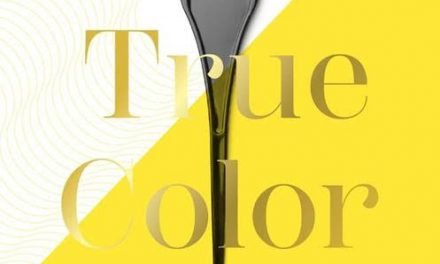
Learning to play a musical instrument is something that many of us have considered doing at some point. As well as being fun and providing a great sense of achievement, there are many health benefits of playing an instrument.
Medical research has yielded many studies that produce some surprising ways that you can benefit from playing a musical instrument. I’ll be honest, I have played guitar for 25 years and was still blown away to discover some of these benefits.
MOOD – Anxiety / Depression
I have found that playing music is a great way to take my mind off everything and focus deeply on something else. Taking my mind off everything for a while is really effective for reducing anxiety about things that we sometimes cannot control.
A study in 2011 of patients suffering from depression noted that those who engaged in music therapy saw lower levels of depression and anxiety than patients who did not.
Sometimes I’ll just play guitar for half an hour when I’m struggling with something, and that session will make me feel like I have taken a bit of space from everything. I’m better able to get some perspective.
Maintaining Language and Speech Skills
Playing a musical instrument has excellent cognitive and verbal benefits too. A 2014 study notes that playing an instrument activates the same brain pathways as word generation and language tasks.
Scientifically, this means that even a brief musical training session increases the blood flow in the left hemisphere of your brain. As such, musical training results in a ‘rapid change’ in the cognitive mechanisms used for music perception which are the same mechanisms used for language.
Intuitively, this also makes a lot of sense. If you can express yourself by playing a musical instrument, this helps you to express yourself through language and speech and maintain this area of your brain.
Rehab and Injury Recovery
Brain plasticity (or neuroplasticity) is the ability of the brain to form new connections, or re-wire itself. Without this ability, the brain would not be able to recover from injury, e.g., a stroke, and thus it is a vital aspect of brain health. To this point, a 2013 study found that musicians had more grey matter than non-musicians.
Neuroscientist Gavin Bidelman sums up the relationship between music training and age-related declines like this:
“Musical activities are an engaging form of cognitive brain training and we are now seeing robust evidence of brain plasticity from musical training not just in younger brains, but in older brains too.”
A lot of music performances can make you feel like the neurons in your brain are rewiring themselves!
The point here is that playing a musical instrument is almost like an insurance policy. If you ever need to recover from a stroke or a brain injury, then a history of playing music could be a helpful factor in your recovery.
The Ability to Multi-Task
You have probably noticed that the brain can sometimes lose concentration when stressed – that is when it is dealing with several things at once.
These stresses tend to stack one on top of another – it is exactly when we are hungry, without our glasses, listening to some external noise like a car alarm going off, and doing something complicated when someone asks us an innocent question – and then we snap!
Any one or two of these ‘stresses’ on their own is fine but when they stack on top of each other, then anyone can lose the ability to function effectively.
However, learning a musical instrument has been proven to help process multi-sensory information and to cope better when many things are all happening at once.
Other Benefits
Science certainly seems to confirm the positive impact of playing a musical instrument for the brain.
The benefits of playing an instrument are also quite intuitive, however. If you give your brain some new and challenging things to do on a regular basis, its ability to cope with new and challenging situations improves.
Whatever instrument you play and whatever stage you are at (novice or accomplished), I strongly suggest that you find a way to get a musical instrument into your life.
There are many quality resources out there that will help you choose an instrument and learn the basics. YouTube videos and other tutorials can be very helpful as well.
My personal offering is a free 85-page ebook for teaching complete beginners the fingerpicking style on guitar.
What musical instrument do you play? How did you go about choosing it? Do you have a favorite tune? What benefits have you noticed in your cognitive abilities since you started playing? Please share in the comments below.





